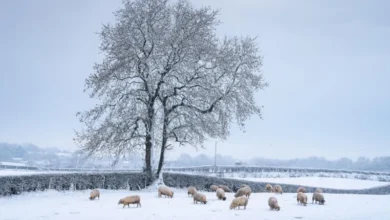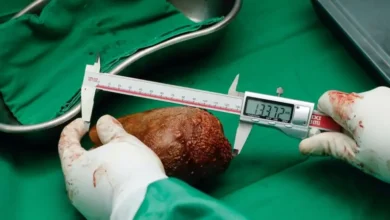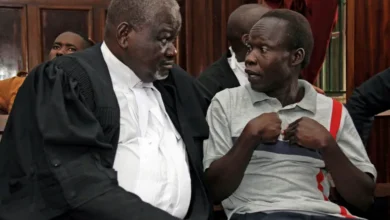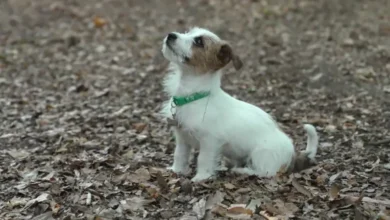Fly-tipping forces landowners to turn farms into ‘forts’
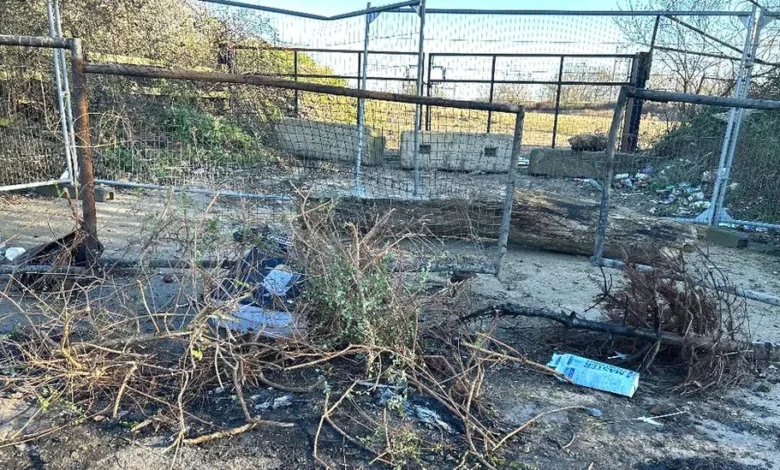
Fly-tipping in England had to be cleaned up 1.08 million times by local councils in 2022-23, the latest government figures reveal.
Clearing the largest illegal tips cost £13.2m, but the number of court fines dropped by 17%, raising just £785,000.
The figures, released on Wednesday, do not put a value on all fly-tipping costs and only cover public land.
But private landowners say the scale of countryside fly-tipping is forcing them to turn farms into “medieval forts”.
The Country Land and Business Association (CLA) said fly-tipping on private land and fields is “going unrecorded on a mass scale”, and that concrete blocks and security fencing were being used to keep out waste criminals.
One farmer, Colin Rayner, who has 2,000 acres of arable land across east Berkshire and south Buckinghamshire, said he has waste dumped on his land almost every weekend.
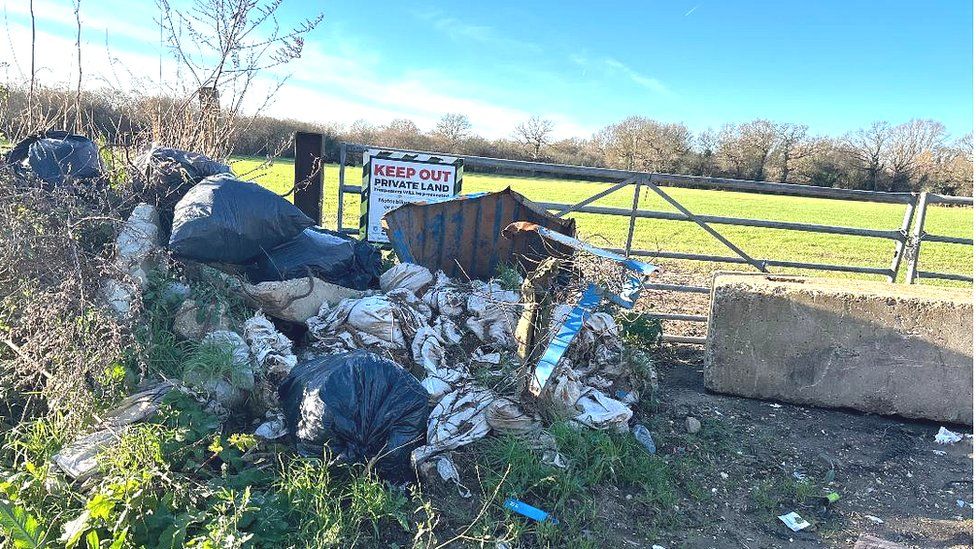
“We have even had an incident where we were combining in a field, and a lorry drove into the field, opened its tailgate and tipped a load of rubbish out and drove off again. They are that brazen,” he said.
Mr Rayner added that the total annual clean-up costs were “unimaginable – it affects the viability of the business”.
He is now using five-tonne concrete blocks and security fencing to close entrances to fields and stop the larger tipper truck lorries dumping waste on his land. But, he said, loads were still being dropped in the entrance ways and thrown over the fences.
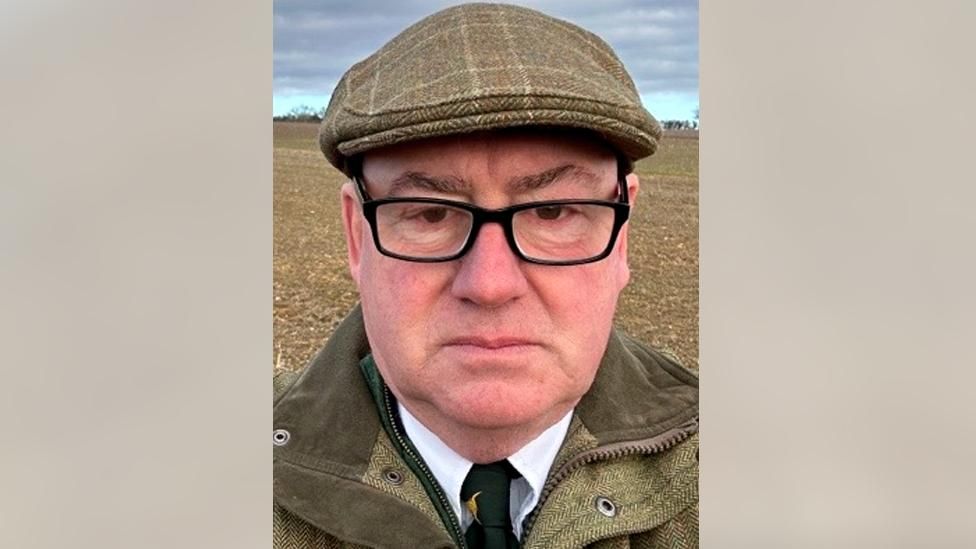
Security guards were even employed when there was a fly-tipping peak during the pandemic.
“It shouldn’t be this way, but any farm in this area is doing the same. At one time their fields wouldn’t be gated – they are now starting to gate their fields,” he added.
The Country Land and Business Association (CLA) said a recent survey estimated that two-thirds of farmers and landowners were affected by the fly-tipping of tonnes of household and commercial waste.
Often hazardous chemicals and asbestos are dumped – endangering farm workers, walkers, wildlife, livestock and the environment.
Victoria Vyvyan, president of the CLA, said: “These fly-tipping figures barely scratch the surface of a crime that’s blighting rural communities, with incidents on private land going unrecorded on a mass scale.”
